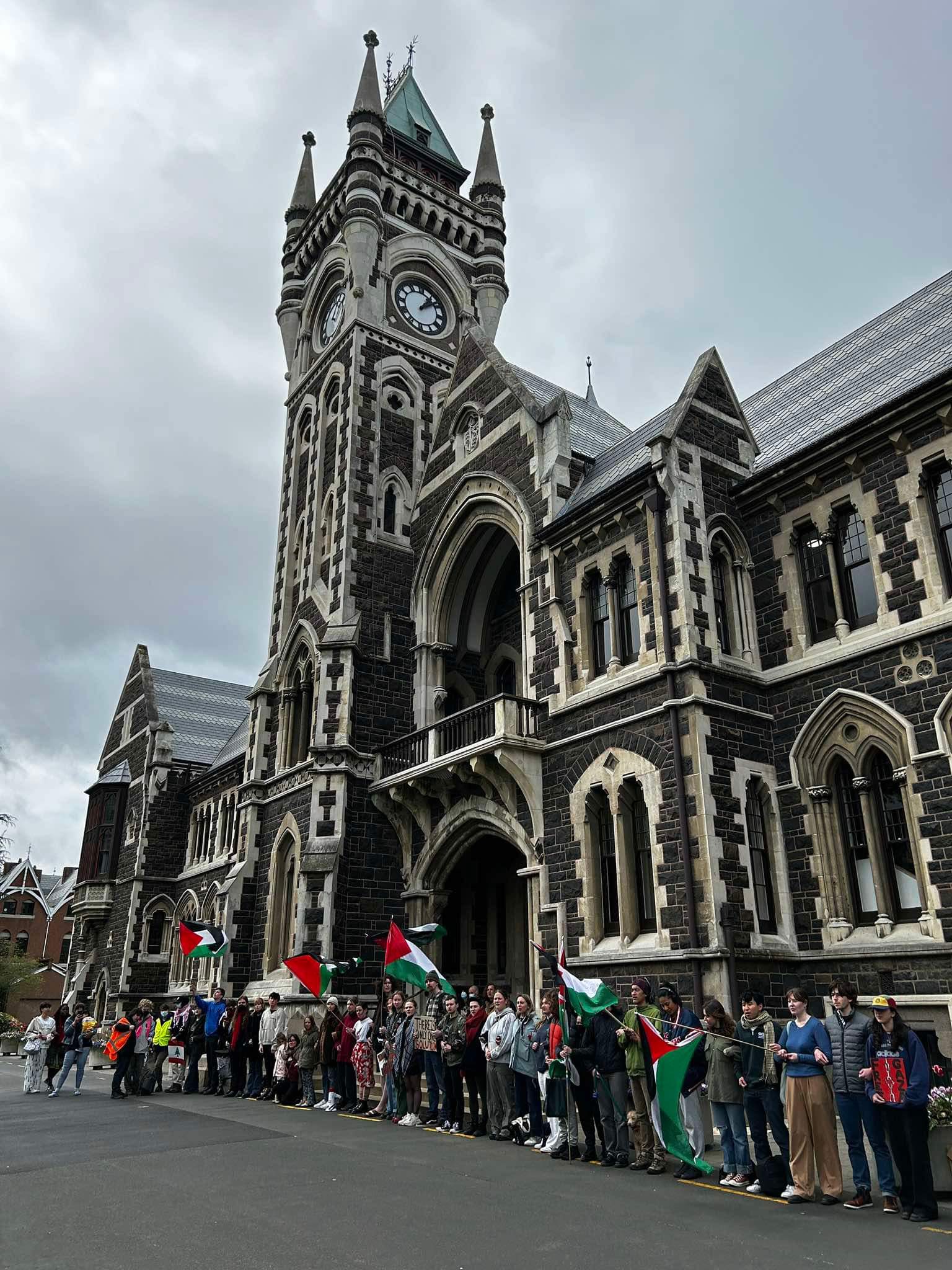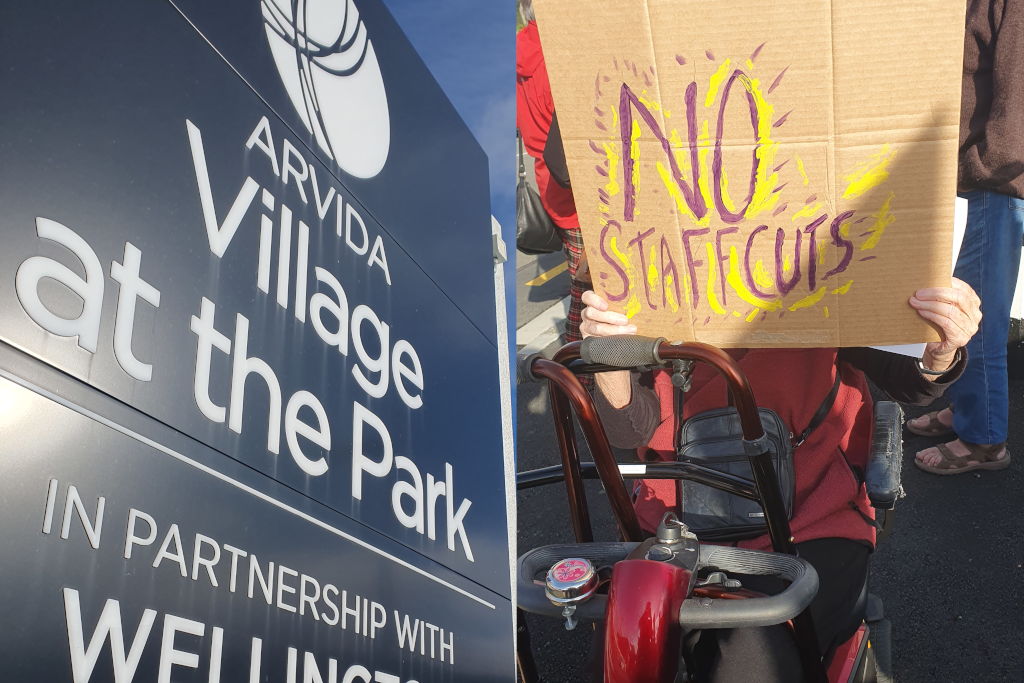Why is it normal and accepted for students to live in poverty? Cold flats and two-minute noodles are viewed as a rite of passage, and even looked on with nostalgia by those whose student days are past and who are lucky enough to now live comfortably. But this rite of passage and the “character” that it builds has always been dubious. It helps to educate a new generation of workers ready to be exploited, or aspiring bosses ready to exploit others to claw their way out of precarity. It is long past the time that we reject this manufactured scarcity, along with the idea that young people need less to survive on simply because they are young. Young people feel the physical and psychological effects of poverty, and it is depraved for a society to inflict this on them on purpose.
The acceptance of student poverty has always been absurd, but it is even more so now. Students are objectively doing it harder now than they have in previous generations, and their prospects post-study look worse. The Green Party recently teamed up with student unions to produce an enquiry into student poverty. They found that thousands of students are living in poverty, with many struggling to pay for basics like rent and food. On average, the students surveyed spent 56 percent of their weekly income on rent. As costs climb, students are taking on more paid work to make ends meet, and struggling to balance paid work with full-time study.
The current income options available for students are a joke. The eligibility criteria for the student allowance are so restrictive that only 12 percent of students receive it, and the amount that they receive is not enough to keep up with rising inflation and rents. Like beneficiaries, students have to submit to often humiliating scrutiny in order to receive allowances. For example, they have to provide information about their parents’ income and their relationship with their parents, including providing “evidence” if they are estranged from one or both parents. Earlier in this article the plight of young people in poverty was mentioned, but of course not all students fit the stereotype of single high-school leavers. Many are older, and many have families to support. The student allowance scheme does not provide enough support for parents, limits the amount of allowance that can be received over the age of 40, and cuts off allowances altogether for students over the age of 65.
The new right-wing government is set to make things even worse for students. They have scrapped the first year of study fees free policy in favour of a last year of study fees free policy, which will ensure that fewer people see the benefit of this policy and that cost will remain a barrier to people from low-income backgrounds choosing to pursue tertiary education.
The traditional narrative has been that students will be compensated for the poverty that they suffered at university with a comfortable life post-study. Students these days know this is not the case. They know that their prospects post-study are worse than they have been for previous generations. The cost of living continues to rise along with rents and house prices, while wage rates lag behind. A university degree is no longer a guarantee that someone will land a well-paying job, and even a “well-paying job” doesn’t buy you the things that it used to. Considering this, it is no surprise that many no longer see it as worth their time to go into massive debt and endure years of poverty for uncertain future rewards. This is a valid choice given the situation, but what are we losing when people see education as a burden that it is not worth taking on, rather than a right to be enjoyed?
The good news is that students are fighting back. There was a revival of student protest last year with protests flaring up on multiple campuses against staff and course cuts. Students are now throwing themselves into the anti-war, pro-Palestine and pro-Tiriti struggles. Politics are a visible part of campus life again, and there are campaigns aimed at combating student poverty that could connect to this upsurge. The Paid Placements campaign calls for training allowances to stop nursing, teaching and social work students from being exploited for free labour. The Study Wage for All campaign aims to scrap the allowance scheme in favour of a universal study wage. During the protests against university cuts last year students were talking about even more ambitious demands, like fees-free education. With the increase in general political activity and engagement on campus, perhaps some of this energy could be channeled towards winning better living conditions and a more promising future for students themselves.
Photo credit: TEU









